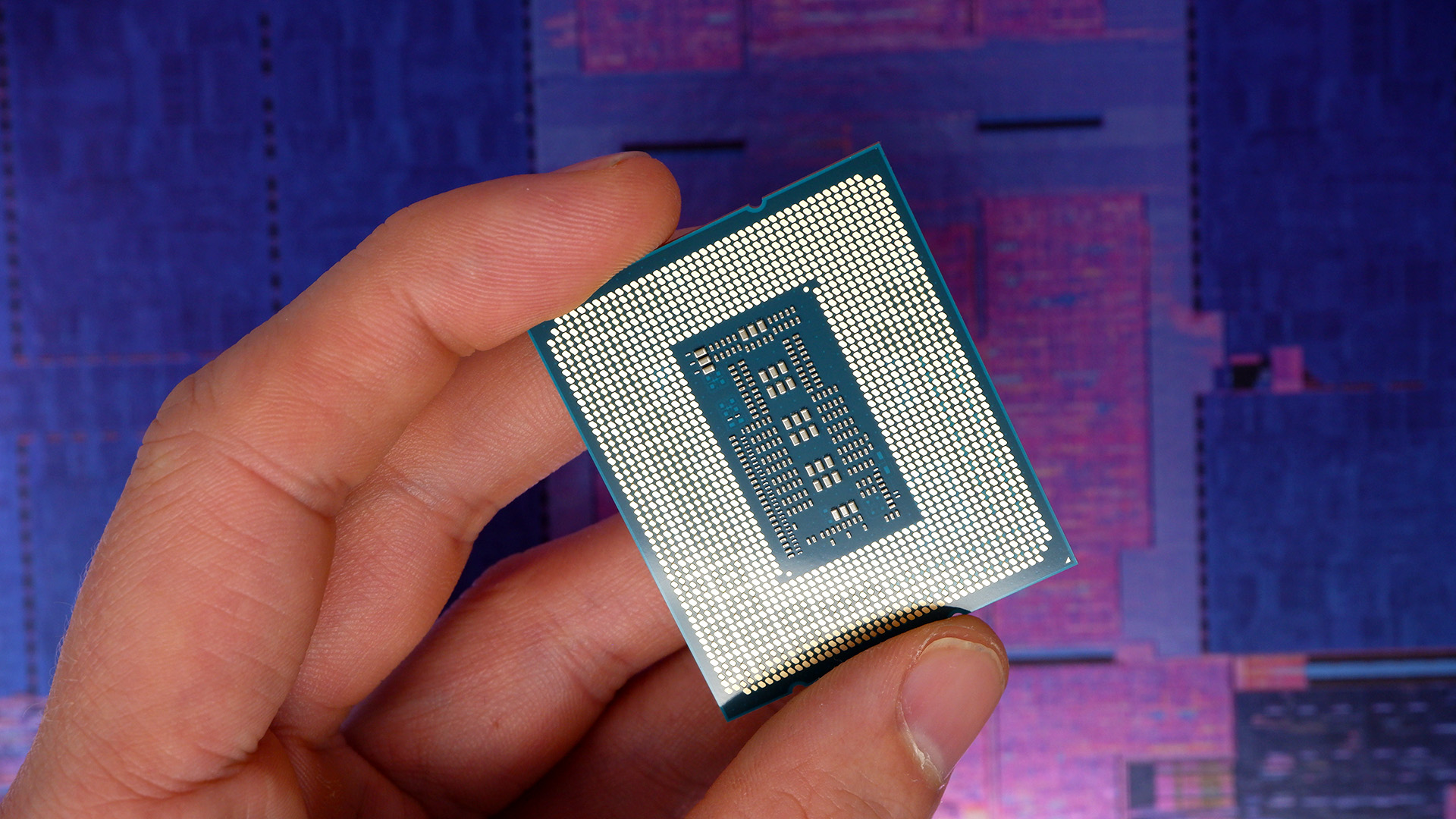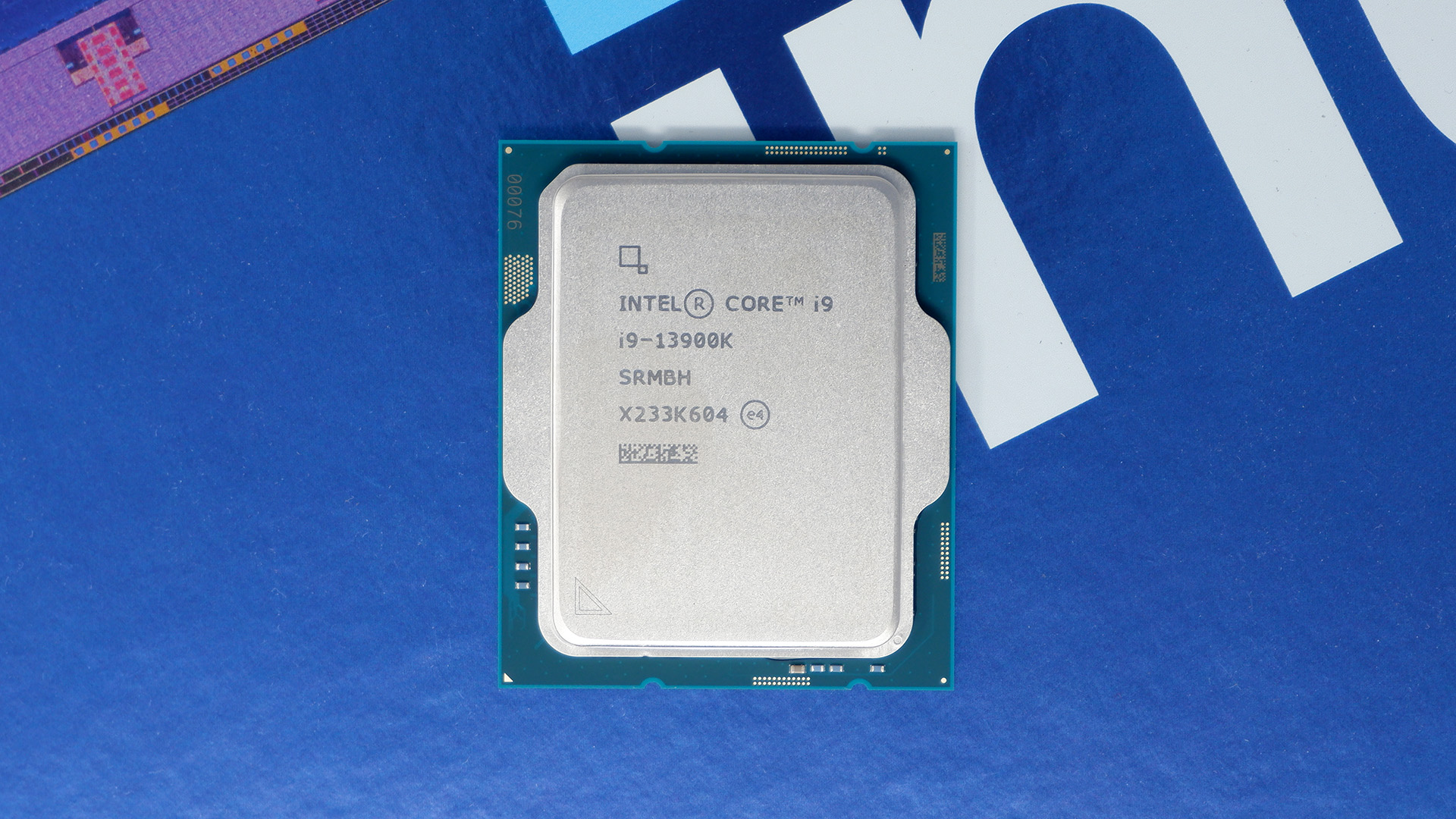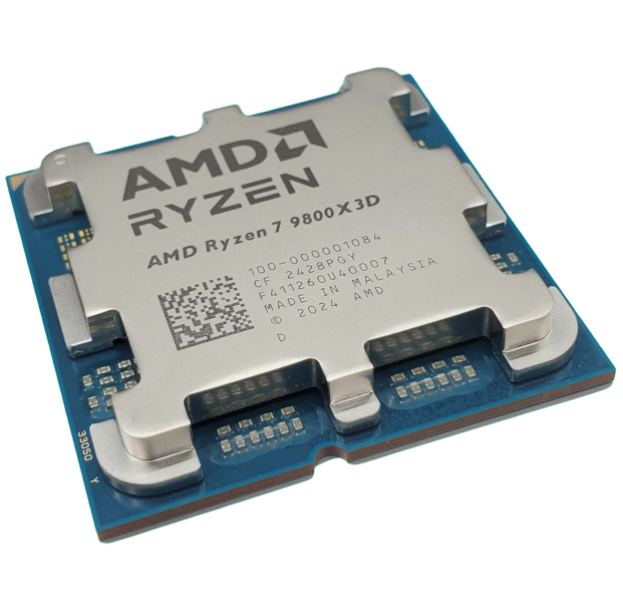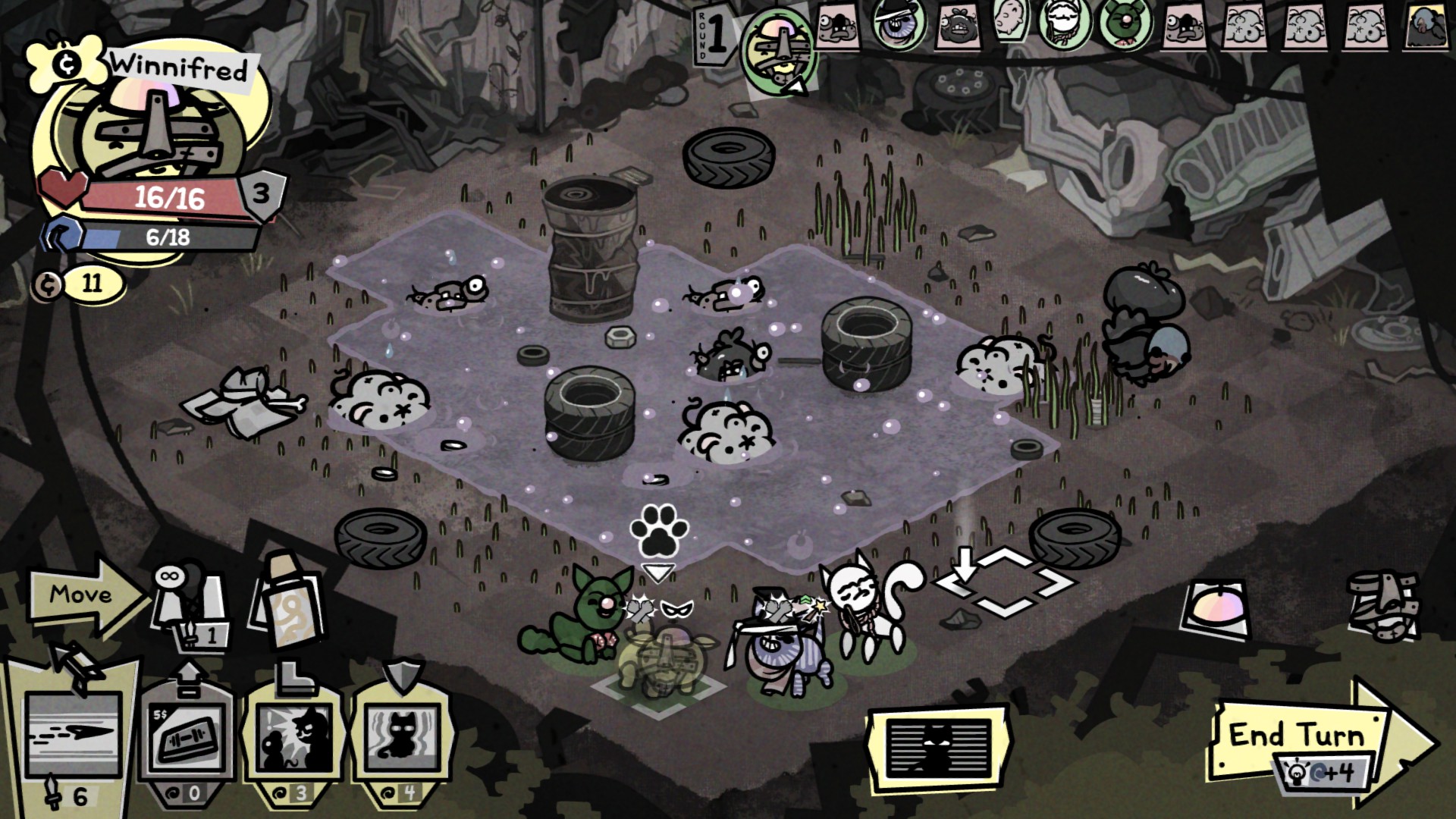Intel's 13th and 14th Gen chips will reportedly see a 10% price hike soon, partly in response to 'the lackluster performance of AI PCs'
Raptor Lake has had a strange few years.

Keep up to date with the most important stories and the best deals, as picked by the PC Gamer team.
You are now subscribed
Your newsletter sign-up was successful
Want to add more newsletters?

Every Friday
GamesRadar+
Your weekly update on everything you could ever want to know about the games you already love, games we know you're going to love in the near future, and tales from the communities that surround them.

Every Thursday
GTA 6 O'clock
Our special GTA 6 newsletter, with breaking news, insider info, and rumor analysis from the award-winning GTA 6 O'clock experts.

Every Friday
Knowledge
From the creators of Edge: A weekly videogame industry newsletter with analysis from expert writers, guidance from professionals, and insight into what's on the horizon.

Every Thursday
The Setup
Hardware nerds unite, sign up to our free tech newsletter for a weekly digest of the hottest new tech, the latest gadgets on the test bench, and much more.

Every Wednesday
Switch 2 Spotlight
Sign up to our new Switch 2 newsletter, where we bring you the latest talking points on Nintendo's new console each week, bring you up to date on the news, and recommend what games to play.

Every Saturday
The Watchlist
Subscribe for a weekly digest of the movie and TV news that matters, direct to your inbox. From first-look trailers, interviews, reviews and explainers, we've got you covered.

Once a month
SFX
Get sneak previews, exclusive competitions and details of special events each month!
If you've bought a gaming PC, or even thought about buying a gaming PC in the last year or so, there's a good chance you've seen them labelled as AI PCs. Turns out the desire for AI is lower than we might have thought, if recent Intel reports prove true.
According to Digitimes (machine translated), Intel is reportedly raising the prices of its elderly Raptor Lake chips by over 10%, and "industry analysts believe the price increase is likely related to TSMC and the lackluster performance of AI PCs." Raptor Lake CPUs, of course, do not have AI-accelerating NPUs.
The latest Lunar Lake chips have low power consumption and high efficiency, which makes them strong productivity chips (and good for AI) but pretty weak when it comes to gaming. According to the Digitimes report, "AI PC sales momentum is weaker than expected", so those running local AIs are less prevalent than otherwise expected. The same is presumably true on the desktop side with the latest Core Ultra chips as with laptop Lunar Lake ones.
Effectively, it appears to be seeing customers skip the latest chips in favour of the older ones. Digitimes doesn't note specific chips in its reports, but does clarify that chips selling for around $150 are climbing up to $170 or even $180. The report says, "Unfortunately, AI PCs are not the first choice for consumers."
Given its dwindling popularity compared to AMD, raising the prices of a relatively popular set of CPUs could appear a bit hasty, but if true, Intel could be trying to maximise profits going into the end of the year. With investment from the likes of Nvidia, and the potential of a deal from Apple, it likely wants to appear stronger financially going into future talks.

Raptor Lake had a pretty miserable launch, as Intel's 13th and 14th-Gen chips were hit with mass instability and crashes. A year and a half later, Intel was still releasing updates to fix problems with them.
Our testing of Raptor Lake chips like the Core i9 13900K or Core i9 14900K show a strong outing, considerably better than the likes of the Arrow Lake Core Ultra 9 285K or Core Ultra 5 245K that launched late last year. Intel has had a couple of rocky years, but there's solid productivity chops and a recognisable brand name under it all.
Keep up to date with the most important stories and the best deals, as picked by the PC Gamer team.
Arrow Lake is reportedly said to get a refresh next year, and it's no surprise that it's getting a new NPU specifically for AI workloads. If these recent reports prove true, there's a chance this refresh is a tad misguided.
Nova Lake is also reportedly launching late next year, and recent shipping manifests suggest the flagship SKU is packing a whopping 52 cores. Intel will need more than raw cores to catch up with AMD's rather dominant lead, though. Arrow Lake has seen performance fixes and price cuts since its launch, and Intel admits it 'fumbled the football', so a lot is riding on the future of Nova Lake. Perhaps the resurgence of sales for Raptor Lake is a sign that the focus will be less on AI. Though given the recently announced Intel-Nvidia partnership, somehow I think that might not happen.

1. Best CPU: AMD Ryzen 7 9800X3D
2. Best motherboard: MSI MAG X870 Tomahawk WiFi
3. Best RAM: G.Skill Trident Z5 RGB 32 GB DDR5-7200
4. Best SSD: WD_Black SN7100
5. Best graphics card: AMD Radeon RX 9070

James is a more recent PC gaming convert, often admiring graphics cards, cases, and motherboards from afar. It was not until 2019, after just finishing a degree in law and media, that they decided to throw out the last few years of education, build their PC, and start writing about gaming instead. In that time, he has covered the latest doodads, contraptions, and gismos, and loved every second of it. Hey, it’s better than writing case briefs.
You must confirm your public display name before commenting
Please logout and then login again, you will then be prompted to enter your display name.

